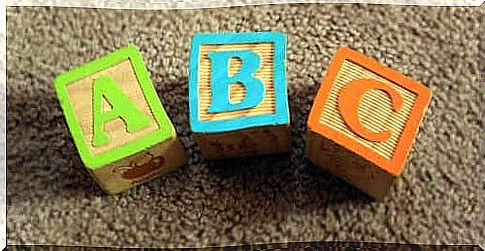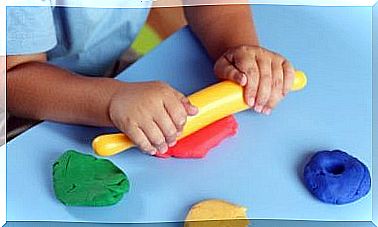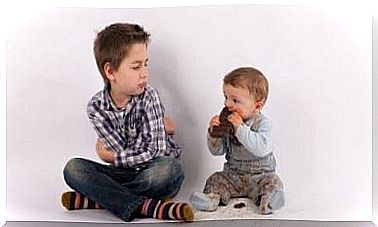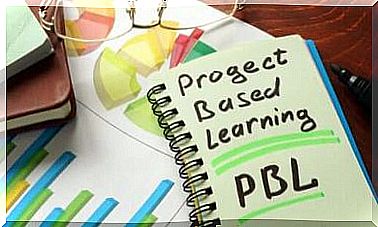Language Development In Children: What Is It Influenced By?

Starting from a research that took into account the factors that influence the development of language, Judith Johnston, Research Doctor of the University of British Columbia (Canada), published a study entitled: “Factors that influence the development of language “.
In her study, the researcher confirms that learning to speak is one of the most important achievements of early childhood. Furthermore, Johnston points out that language development reflects the interaction of factors from at least five domains which are: social, perceptual, cognitive, conceptual and linguistic.
In addition to his contribution, there is a large number of researches that tell us that language learning and development are influenced by many aspects of human experience and capabilities.
There are four factors that have a decisive influence on language development:
- Heredity – genetics -.
- The family – environment in which one lives (internal factors) -.
- The social environment – external factors -.
- Schooling.
Aspects that determine the development of language
Children learn to speak progressively. However, there are ages when they are able to achieve certain milestones. For example:
- When you are very young, it is natural to be struck by a noise and try to find out where it comes from. This occurs thanks to auditory stimulation. Hence, the functioning of the auditory system is a fundamental aspect for the development of language. A child of less than 9 months “stammers” and has also learned to say “pa-pa”, “ma-ma” and to combine other sounds. These “stammering” increase between 12 and 15 months, when the baby has already acquired the ability to imitate some sounds and reproduce some words. At that age, he is also able to understand simple orders.

- From 18 to 24 months he already has a vocabulary that fluctuates between twenty and fifty words. Experienced pediatricians claim that a 2-3-year-old child already pronounces sentences containing three to five words. Furthermore, everything he says can be understood quite well. At the age of two he begins to combine words and is able to indicate parts of his body and objects of common use. In addition, he can perform two-step instructions such as taking a toy upon request and giving it to someone.
From this point on, for example, the child already understands how to sit at the table. He also understands some verbs and you can understand most of the speeches he makes.
When should you worry?
Each child develops at their own pace. However, there are some parameters to take into consideration. Take your child (under one year of age) to a specialist if he does not respond to sounds or vocalizes. You must do it even if at twelve months he doesn’t gesticulate, if he doesn’t point with his finger or if he doesn’t say hello.
Another thing to watch out for is if your 18-month-old baby prefers to use gestures rather than words. The fact that the baby does not imitate sounds could be cause for concern. This is true even if at the age of two he is unable to speak words or phrases, if he does not repeat sounds or use language to communicate.
The various Italian pediatric societies and associations recommend taking your child to a specialist if he cannot understand simple instructions, if he has a strange voice or if, when he speaks, it is more difficult to understand him than other children of his age. A problem addressed in time can prevent further complications.

How to promote language development
The environment in which the child grows is fundamental in the development of his language. Therefore, from birth, he must be stimulated in a positive way so that he learns to express himself correctly and fluently.
It is essential to dedicate time to the child and communicate with him. From an early age you can read him stories, sing songs and play games that can develop his language tools. In addition, it is important to use correct language, articulate words well and use a varied vocabulary.
Speaking slowly in a simple and direct way is one way to help the child develop language. This will help him because he can more easily mimic the sounds he hears.









